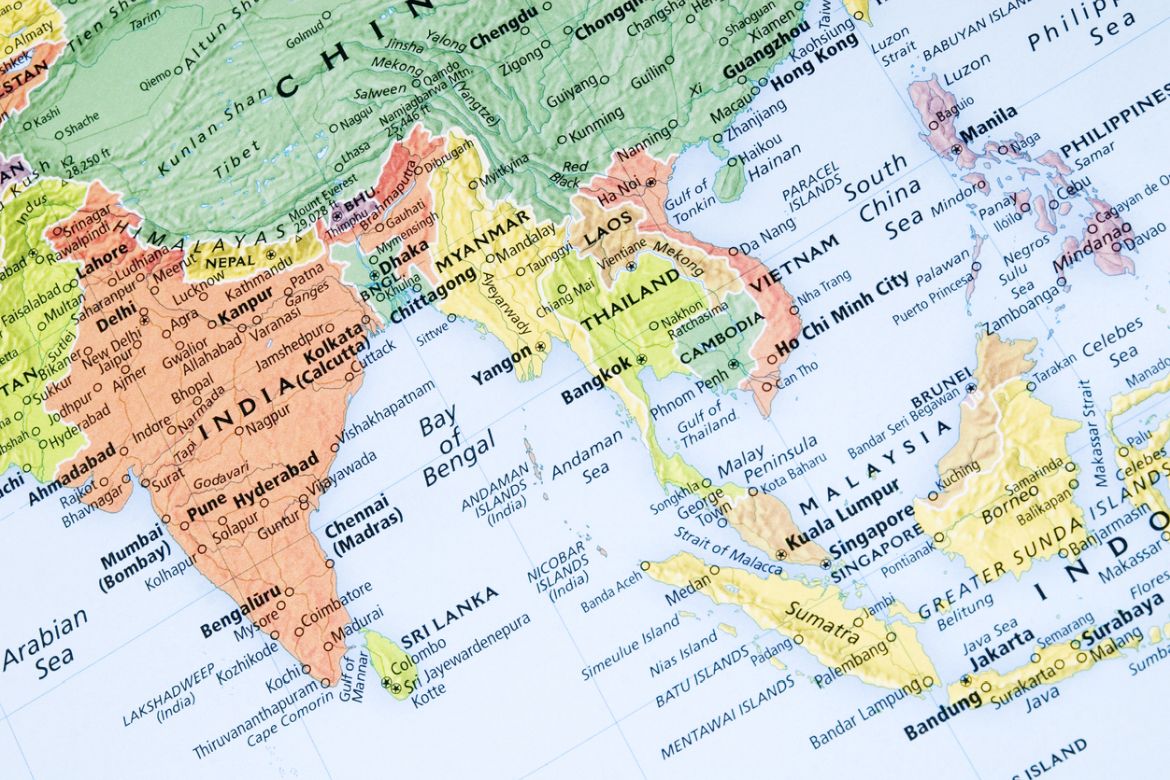
Malaysia’s fintech ecosystem in 2024 reflects the nation’s rise. With a population of over 33 million people, the country has strategically positioned itself in Southeast Asia.
In 2022, Malaysia’s economy was divided as follows: agriculture contributed 8.92 per cent of the GDP, industry accounted for 39.1 per cent and services dominated with 50.93 per cent. The nation’s GDP per capita stood at nearly $12,000, placing Malaysia comfortably in the upper-middle-income category.
Malaysia has advanced and well-developed its financial services sector through significant restructuring and liberalisation in the 2000s, largely in response to the 1997 Asian Financial Crisis. Today, this sector includes a wide array of institutions, such as conventional commercial banks, Islamic banks, insurance companies, and investment banks.
Leading financial institutions like Malayan Banking Berhad, CIMB Group Holdings and Public Bank Berhad anchor the sector, with Kuala Lumpur serving as the hub of the nation’s financial activities.
The rise of Islamic finance
Malaysia’s large Muslim population has spurred the growth of Islamic finance, establishing the country as a global leader in this area. Kuala Lumpur is recognised as one of the world’s foremost Islamic financial centres, alongside London, Dubai, Doha, Riyadh and Jakarta.
In terms of Sharia-compliant assets, Malaysia ranks third globally, holding 12 per cent of the market. The top five countries in this category also include Qatar, Kuwait, the United Arab Emirates, Saudi Arabi and Iran.
Malaysia is both a major economy in the ASEAN region and also in the fintech space IMAGE SOURCE GETTY
Malaysia’s fintech landscape
Malaysia is a major player in the fintech space within the ASEAN region, boasting at least 549 fintech companies. This ranks Malaysia third in the region, following Indonesia with 785 fintechs and Singapore with 1,600.
The fintech sector in Malaysia is diverse, with payments leading at 22 per cent, followed by lending and e-wallets, each at 13 per cent. Other notable segments include remittances, insurtech, and wealthtech, each holding a nine per cent share. Key fintech companies based or founded in Malaysia include Jirnexu Sdn Bhd, MoneyMatch and PolicyStreet.
In the realm of Islamic fintech, Malaysia mirrors its global dominance in Islamic finance. Alongside other key economies within the Organisation of Islamic Cooperation (OIC), Malaysia, together with ASEAN and Gulf Cooperation Council (GCC) nations, dominates the global Islamic fintech market.
The top six players in this market, accounting for 85 per cent of transaction volume and assets under management, include Saudi Arabia, Iran, Malaysia, the UAE, Indonesia and Kuwait, according to the Global Islamic Fintech (GIFT) Report 2023/2024.
Government initiatives driving fintech growth
The rapid development of Malaysia’s fintech sector is largely due to proactive government support. In 2015, the Securities Commission Malaysia (SC) launched the Alliance of Fintech Community (aFINity) to enhance the fintech ecosystem. That same year, CrowdPlus, the country’s first equity crowdfunding platform, was established to help startups and small and medium enterprises (SMEs) access alternative funding.
In 2016, Bank Negara Malaysia (BNM) – the country’s central bank – formed the Financial Technology Enabler Group (FTEG) to create a regulatory framework that supports the adoption of new technologies in the financial services sector. The central bank launched a regulatory sandbox later that year, enabling fintech innovations to be tested in a controlled environment.
The Covid-19 pandemic accelerated the adoption of fintech and digital services in Malaysia, mirroring global trends. In 2020, compared to the previous year, the transaction volume for online banking, e-wallets and QR code payments surged by 49 per cent, 131 per cent, and 164 per cent, respectively.
By 2021, Malaysia had achieved a 50 per cent adult adoption rate for QR payments, the highest in Southeast Asia. With nearly 97 per cent of the population having internet access, the country saw strong growth in online banking and e-wallet usage. From 2021 to 2022, online banking usage increased by 7.2 per cent, while e-wallet adoption grew by 5.5 per cent. Additionally, contactless transactions at physical premises accounted for 68.9 per cent of all transactions in 2022, up from 64.6 per cent the previous year.
Looking ahead: Malaysia’s aspirations for the future
While Malaysia is currently an upper-middle-income economy, the country has ambitious long-term goals. The Shared Prosperity Vision 2030 (Wawasan Kemakmuran Bersama 2030) aims to transform Malaysia into a nation that achieves sustainable growth with fair and equitable distribution across income groups, ethnicities, regions, and supply chains.
The government underscores its commitment to these goals by strengthening political stability, enhancing national prosperity, and ensuring unity among the rakyat (people), all while celebrating the nation’s ethnic and cultural diversity.
As Malaysia strives to become a high-income economy, the fintech sector will play a crucial role in driving the nation forward.
The post Malaysia’s Fintech Boom: A Growing Force in Southeast Asia appeared first on The Fintech Times.
